A study published in Nature Communications presents a way to create deployable structures that transform from compact folded states into expansive configurations with perfectly smooth surfaces.
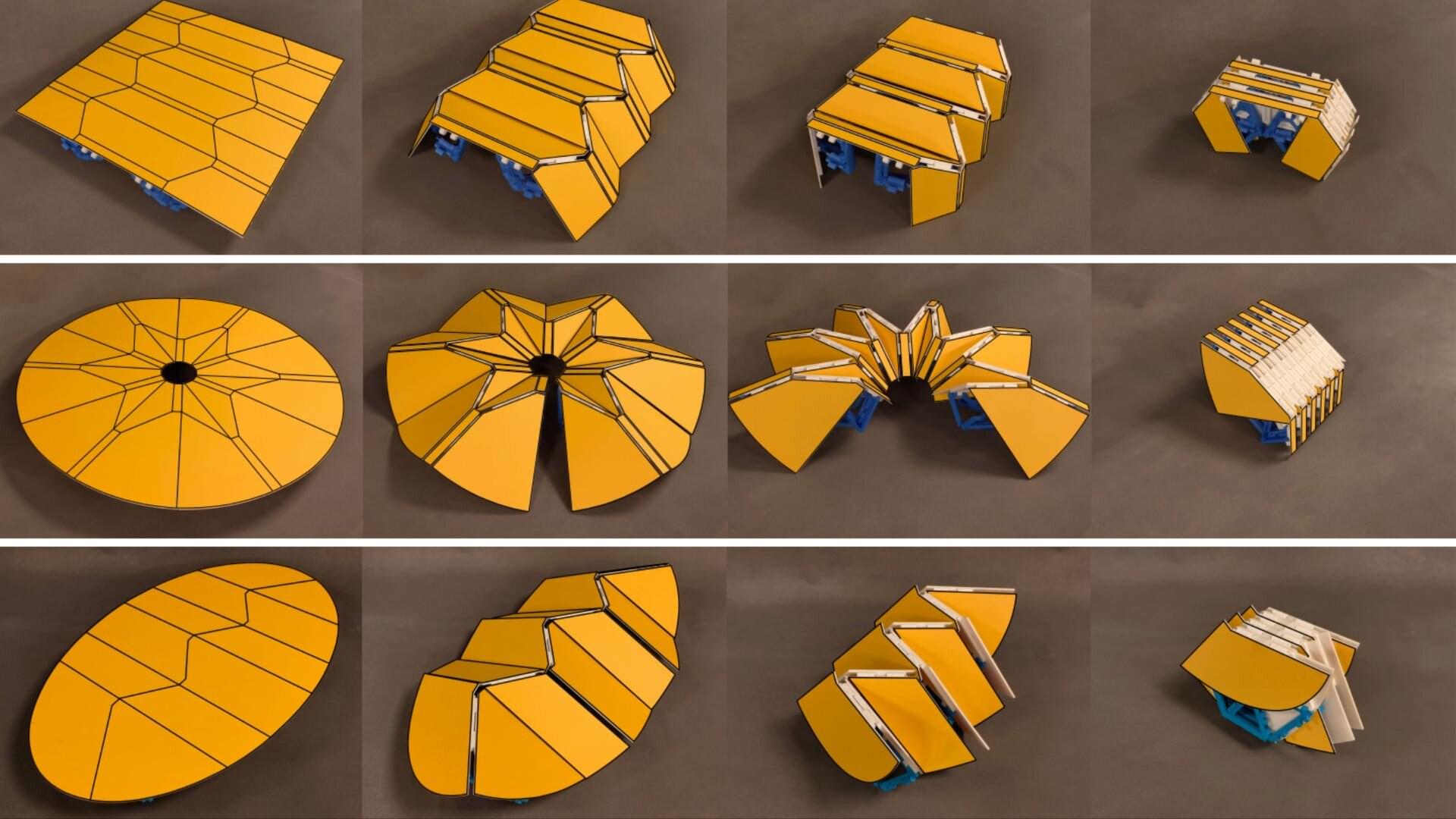

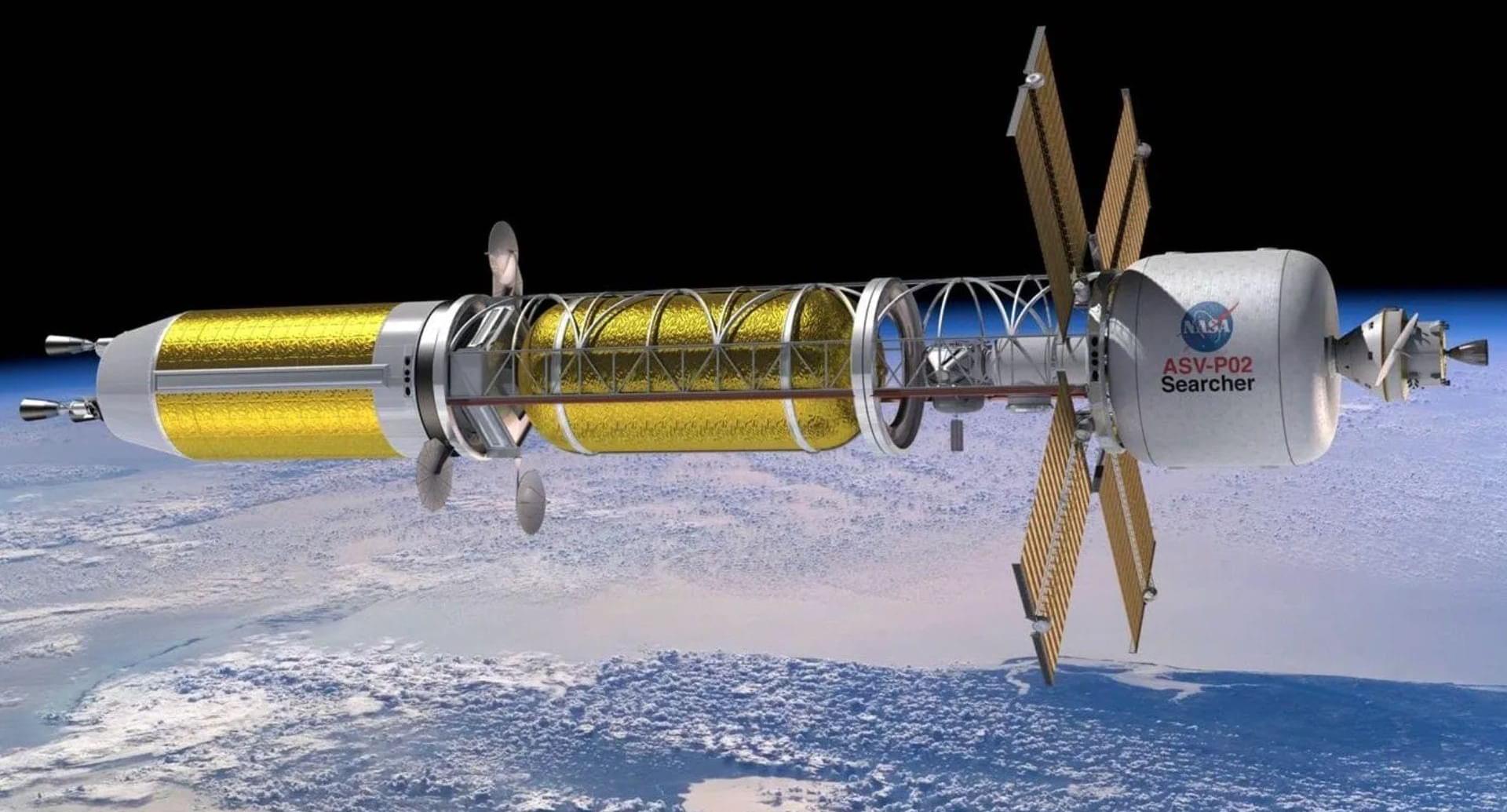
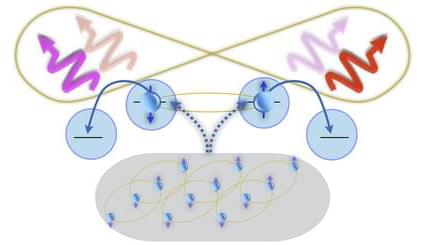
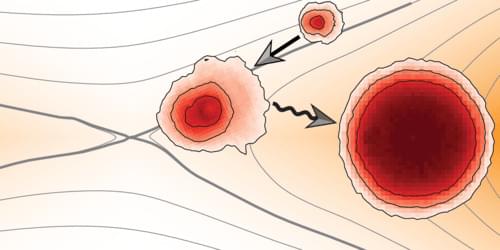
An analysis using unprecedented satellite observations reveals important information about how electrons get heated throughout the Universe.
What connects solar flares that induce space weather, geomagnetic storms that cause auroras, and magnetic disruptions that spoil confinement in magnetically confined fusion devices? All these events rapidly convert stored magnetic energy into kinetic energy of surrounding electrons and positively charged ions in the plasma state of matter. The energy conversion occurs via a fundamental process called magnetic reconnection [1]. But some aspects of reconnection remain poorly understood, despite decades of scrutiny through theoretical studies, ground-and satellite-based observations, lab experiments, and numerical simulations [2]. A key unresolved problem is determining how much of the released magnetic energy goes to the electrons and how much goes to the ions, and by what physical mechanisms this energization occurs.
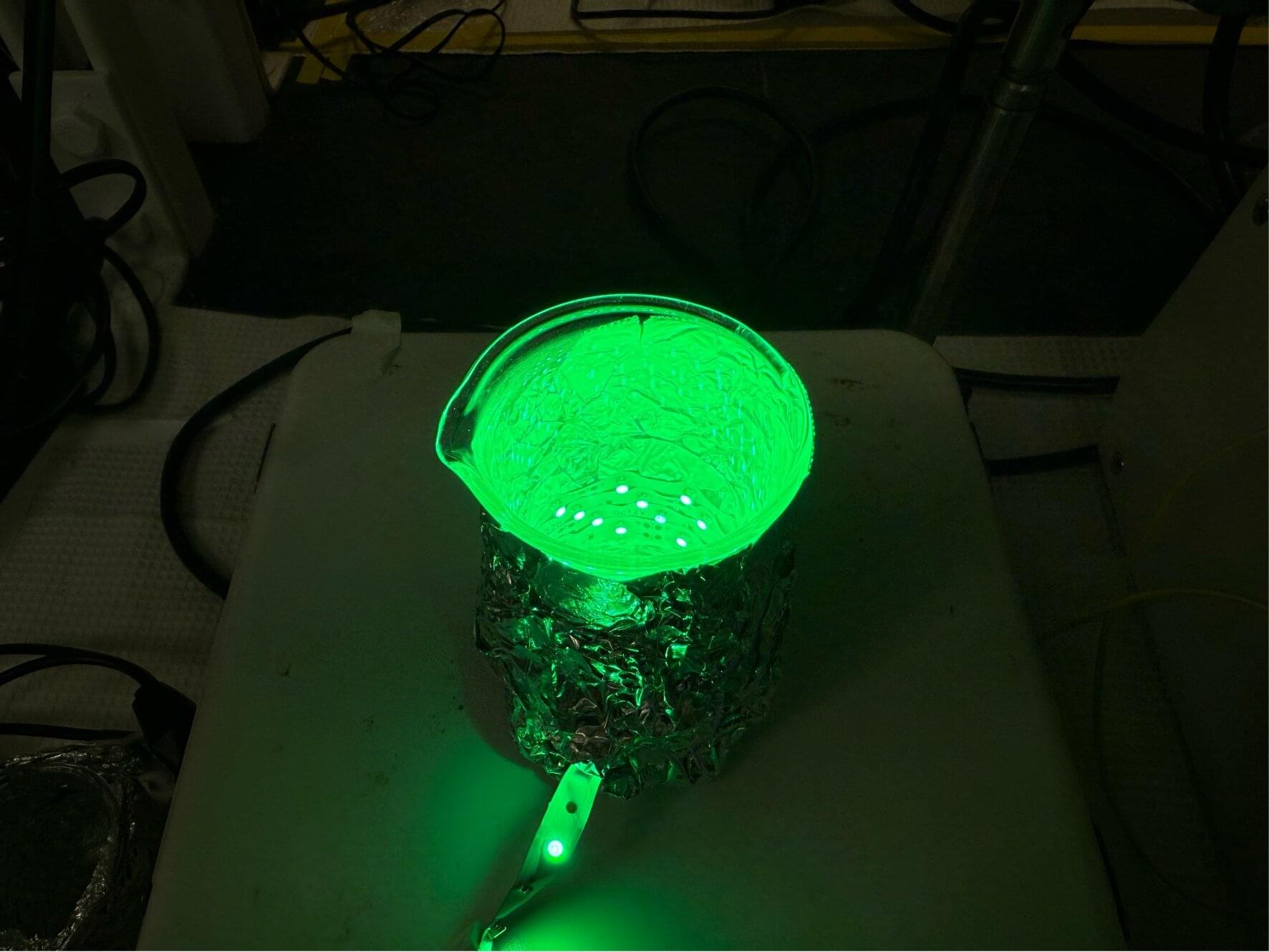
Life on Earth possesses an exceptional ability to self-reproduce, which, even on a simple cellular level, is driven by complex biochemistry. But can self-reproduction exist in a biochemistry-free environment?
A study by researchers from Harvard University demonstrated that the answer is yes.
The researchers designed a non-biochemical system in which synthetic cell-like structures form and self-reproduce by ejecting polymeric spores.

Several key moments in Earth’s history help us humans answer the question “How did we get here?” These moments also shed light on the question “Where are we going?” and offer scientists deeper insight into how organisms adapt to physical and chemical changes in their environment.
Among them is an extended evolutionary occurrence over 2 billion years ago, known as the Great Oxidation Event (GOE). This marked the first time that oxygen produced by photosynthesis—essential for the survival of humans and many other life forms—began to accumulate in significant amounts in the atmosphere.
If you traveled back in time to before the GOE (more than 2.4 billion years ago), you would encounter a largely anoxic (oxygen-free) environment. The organisms that thrived then were anaerobic, meaning they didn’t require oxygen and relied on processes like fermentation to generate energy. Some of these organisms still exist today in extreme environments such as acidic hot springs and hydrothermal vents.
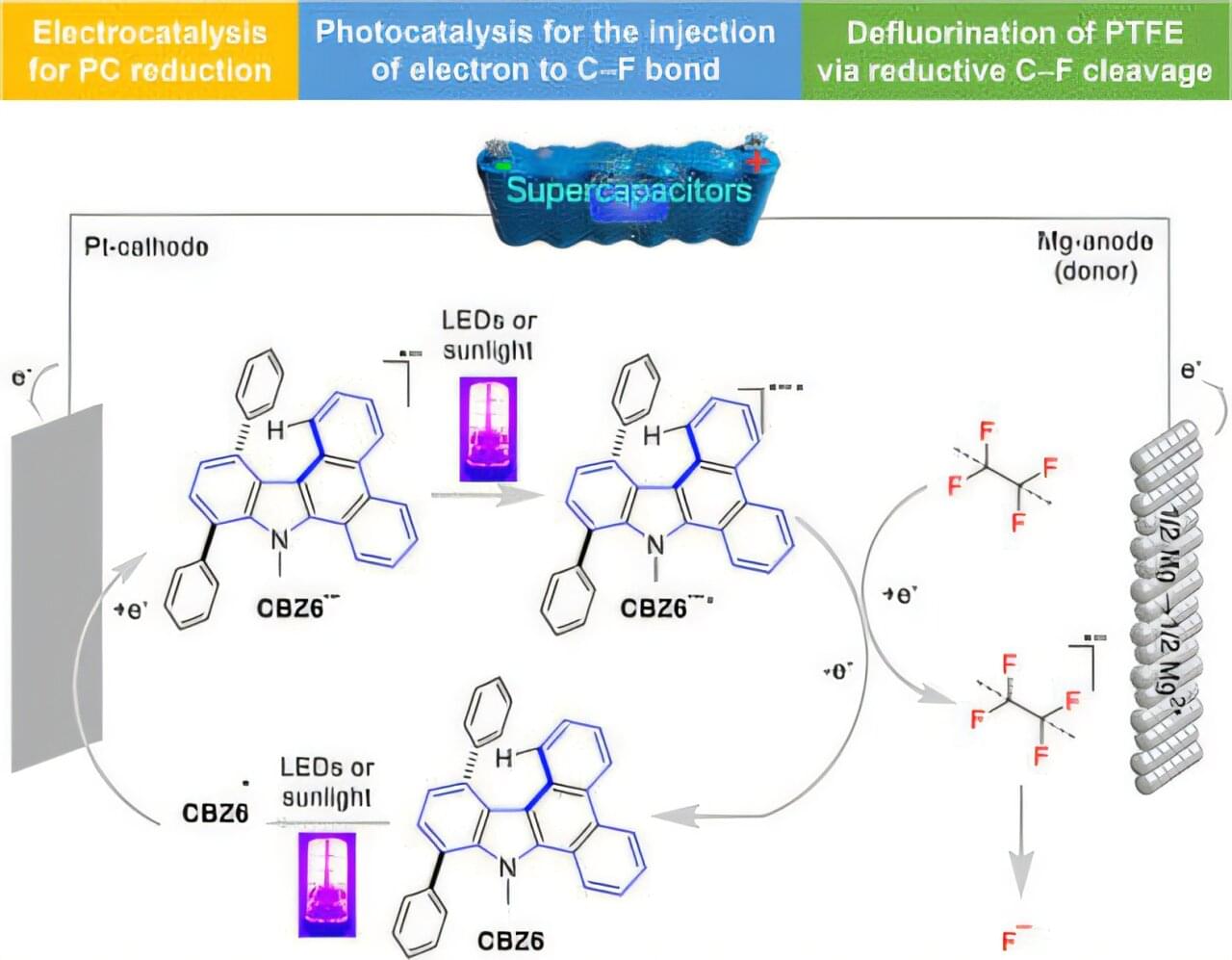
A research team led by Prof. Kang Yanbiao from the University of Science and Technology of China (USTC) of the Chinese Academy of Sciences (CAS) has developed a supercapacitor (SC)-assisted electrophotocatalysis for the efficient defluorination of the polytetrafluoroethylene (PTFE) and poly- and perfluoroalkyl substances (PFAS) at low temperatures.
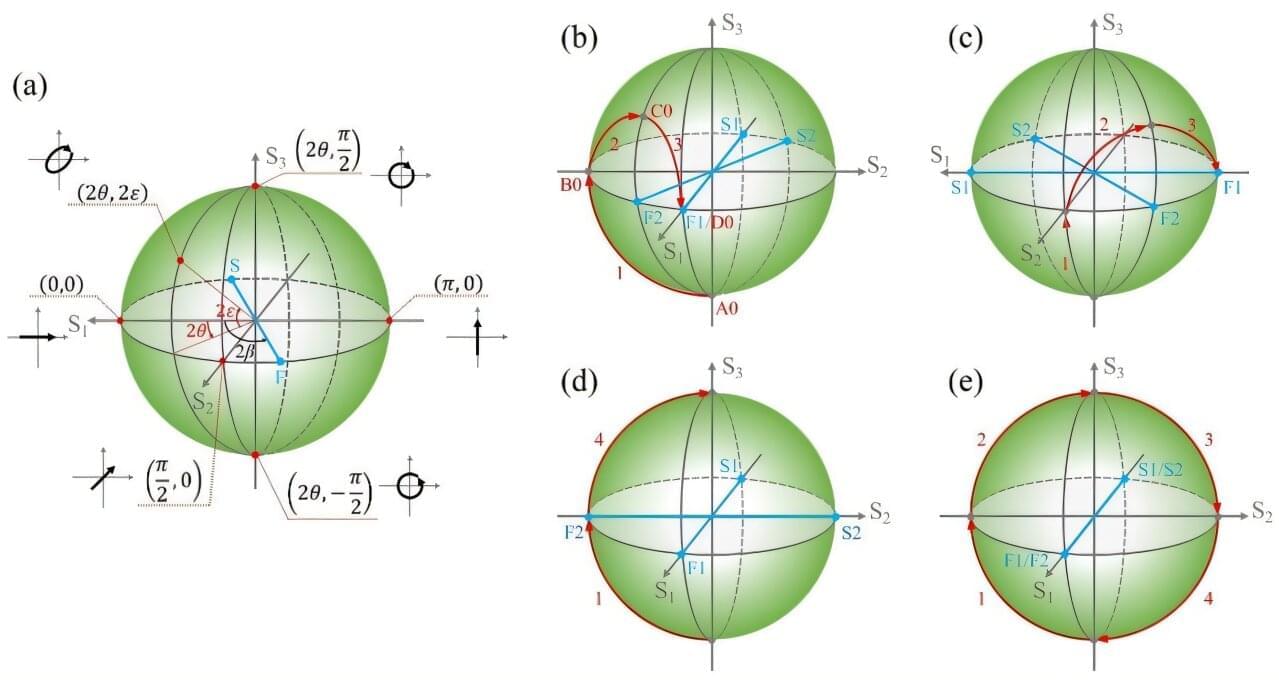
A research team led by Associate Prof. Wang Anting from the University of Science and Technology of China (USTC) of the Chinese Academy of Sciences (CAS) proposed a method for multidimensional manipulation of polarization and phase based on a single geometric phase element. They managed to generate and control high-order vector vortex beams (VVBs).
The study is published in Laser & Photonics Reviews.
Since lasers emerged, multidimensional control of laser light fields has always been at the forefront of optical research. Among them, VVBs with various physical characteristics under the coordinated control of spin-orbit angular momentum (OAM) are highly favored.
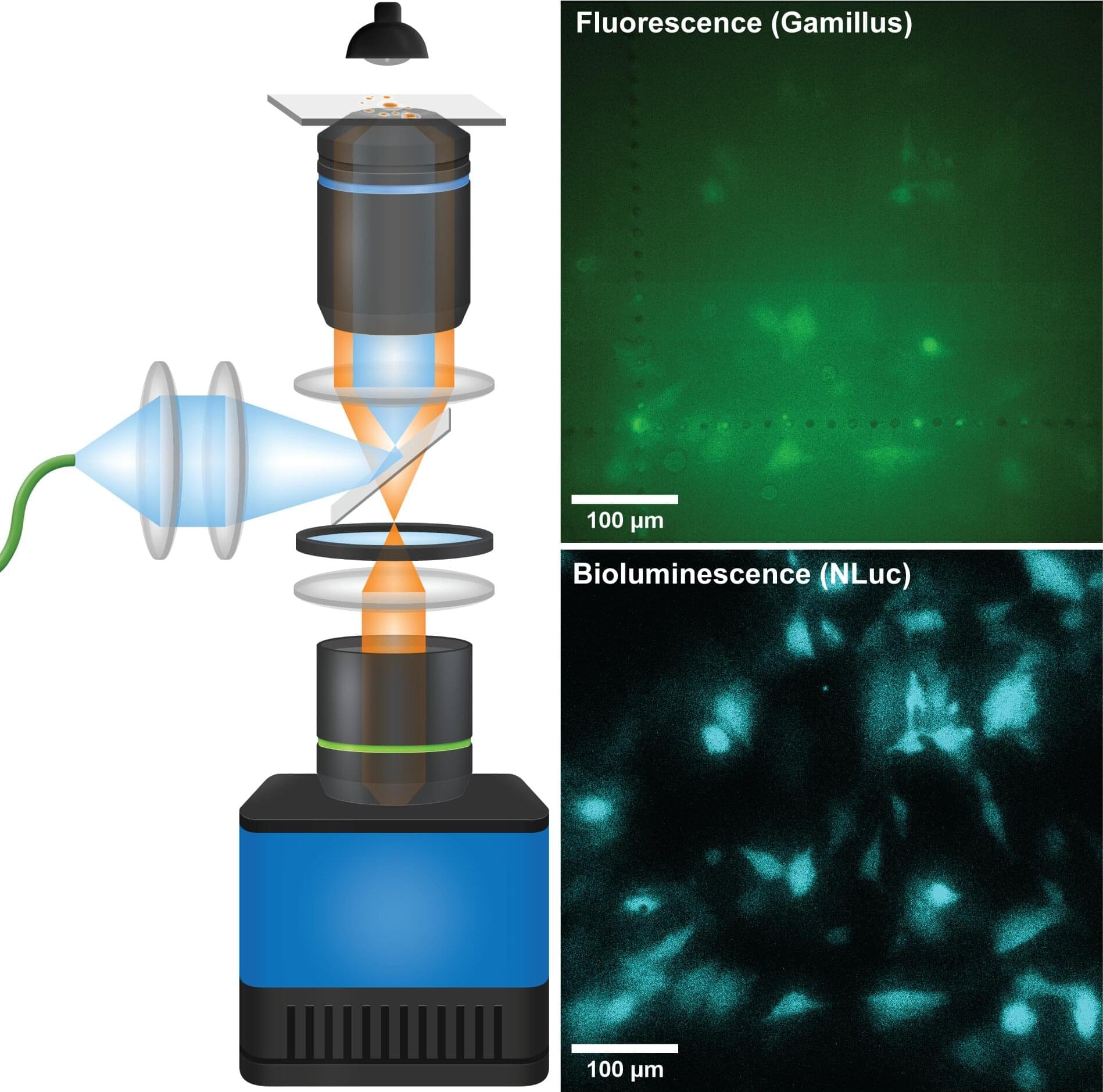
Researchers at Helmholtz Munich and the Technical University of Munich have developed a new microscope that significantly improves how bioluminescent signals in living cells can be observed.
The system, known as QIScope, is built around a highly sensitive camera technology capable of detecting extremely low levels of light. With sharper image resolution, a wider field of view, and integration with other imaging methods, QIScope opens new opportunities for studying living systems in greater detail and over longer periods.
The work is published in the journal Nature Methods.
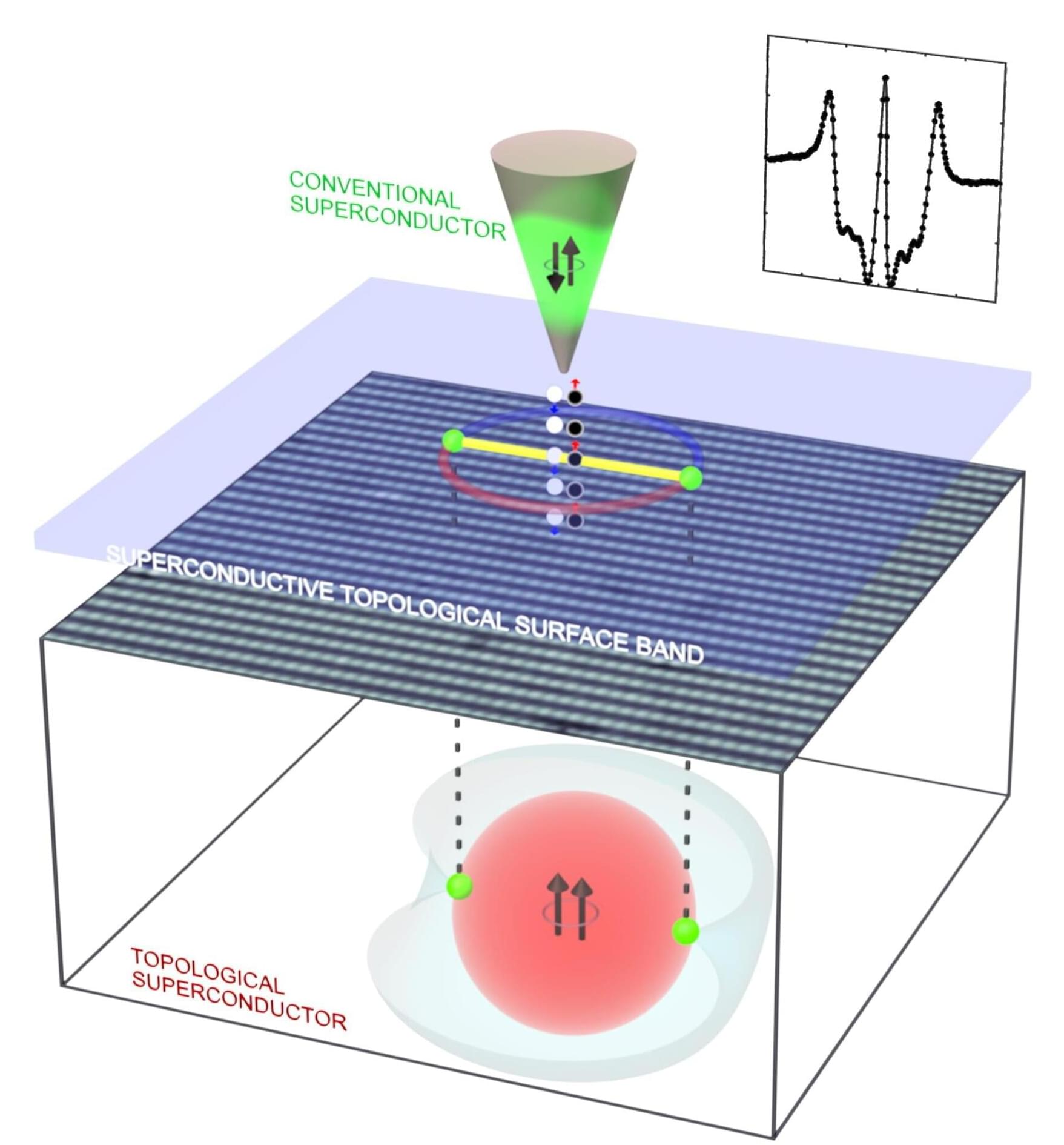
Scientists at University College Cork (UCC) in Ireland have developed a powerful new tool for finding the next generation of materials needed for large-scale, fault-tolerant quantum computing.
The significant breakthrough means that, for the first time, researchers have found a way to determine once and for all whether a material can effectively be used in certain quantum computing microchips.
The major findings have been published in Science and are the result of a large international collaboration which includes leading theoretical work from Prof. Dung-Hai Lee at the University of California, Berkeley, and material synthesis from professors Sheng Ran and Johnpierre Paglione at Washington University in St. Louis and the University of Maryland, respectively.